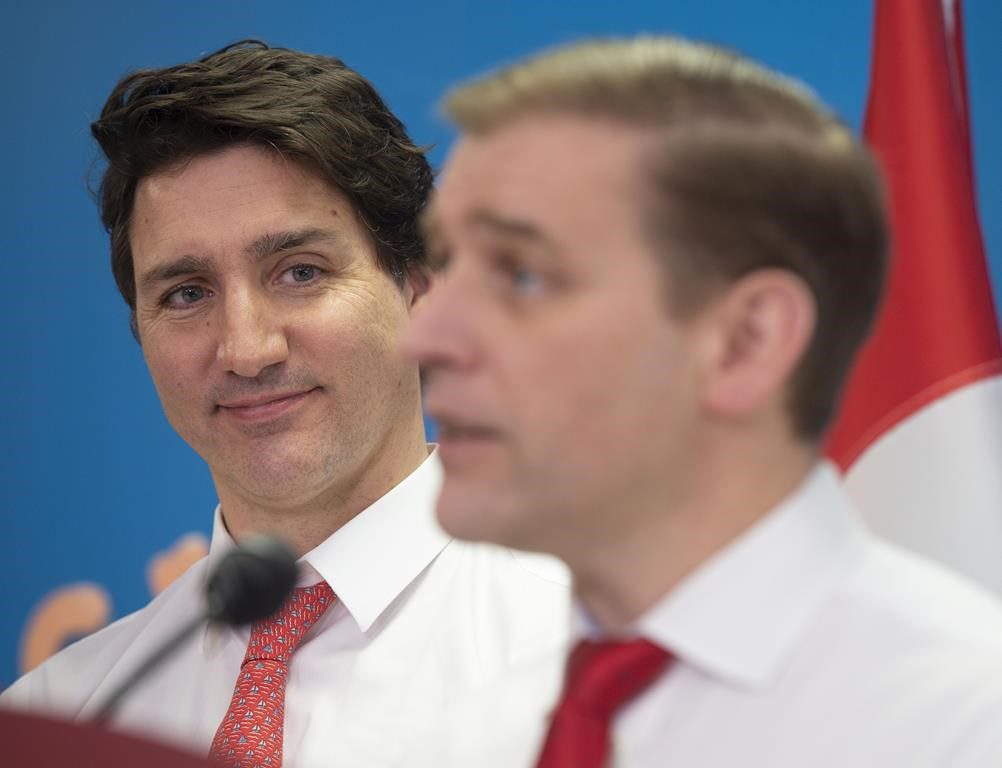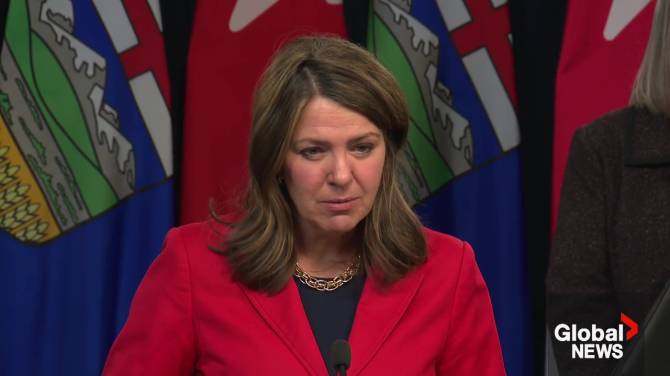Liberal Premier of Newfoundland and Labrador Andrew Furey is asking Prime Minister Justin Trudeau to arrange an urgent gathering of leaders from all over the country to discuss other options instead of raising the federal carbon price to $80 per tonne.
The price went up on Monday, from $65 to $80 per tonne. This means the carbon tax on fuel has risen from about $0.14 to almost $0.18 per litre.
Furey wrote in a letter posted on X that the threat of climate change is urgent and there is a widespread agreement that decarbonization is necessary, and the only question now is the best way to do it. He also mentioned the need for a smooth transition to green energy that involves society and avoids causing disagreement. Furey mentioned being thankful for the federal government's willingness to reconsider provincial and territorial carbon pricing solutions, but also pointed out that it's still a federal tool. He emphasized the need for an approach to decarbonize the environment without burdening families who don't have viable alternatives..
Furey and other premiers have been asking for a pause on the increase due to the challenges of cost of living. This request includes the premiers of Alberta, Saskatchewan, Ontario, New Brunswick and Nova Scotia.
In response, Trudeau told the opposing premiers that they are encouraged to come up with alternative plans similar to those of British Columbia, Quebec and the Northwest Territories which meet the federal minimum price.
Manitoba Premier Wab Kinew says he intends to propose a new plan for carbon pricing
in the province. Manitoba is the only province where both the federal industrial and fuel carbon prices are in effect. The dual federal price also applies to the Yukon and Nunavut. Trudeau and his ministers have been firm that eight out of 10 households with the federal fuel price receive more in quarterly rebates than they pay. For instance, in Newfoundland, the.
average rebate for a family of four is $298 every three months
A report in March 2023 by the parliamentary budget officer supports this financial breakdown, but it also states that most households incur greater net costs when broader economic factors, such as lost employment and investment income, are considered.
A recent The report acknowledges that taking any action will come with a cost and that the alternative is to have no other climate policy. The Canadian Climate Institute's report estimates that the federal fuel charge contributes to eight to 14 per cent of Canada’s emission reduction. The carbon price on industrial emitters, which most premiers don’t take issue with, is estimated to be responsible for 20 to 48 per cent of emissions reductions.




